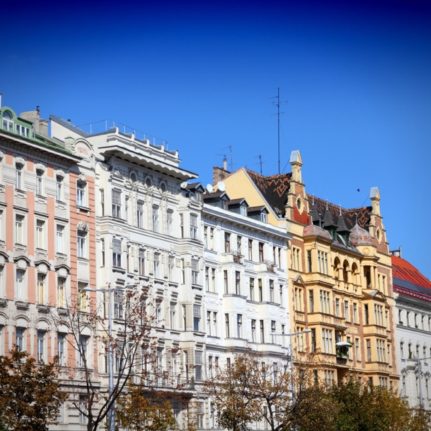Earlier this week a visitor to the cafe at the famous Hundertwasserhaus in the 3rd district was surprised to find the extra charge for ‘electricity’ on her bill, and posted an image of it on her private Facebook account.
She had ordered four glasses of spritzer during her four hour visit – but had also plugged her phone charger into a socket and used her smartphone whilst in the cafe.
The manager of the cafe, Galina Pokorny, told the Kurier newspaper that she doesn’t always bill extra when people charge their phones, but “if a guest uses our energy supply for longer than two hours, then I add a euro to their bill. Every day I get a crowd of tourists who are charging their phones, cameras and tablets”. She added that she tells customers at the cafe that this is her rule, and that any extra cash she makes is officially declared for tax purposes.
From a legal point of view, a charge can be made for electricity use – so long as the customer has been verbally informed that this is the case, the Kurier said, citing the Chamber of Commerce.
Two years ago, German youth magazine Bravo calculated how much it costs to charge a mobile phone on a daily basis per year. According to its calculation it costs around €1.17 a year, whilst charging a tablet costs around €4 a year.
Some Viennese cafes have also started charging customers for tap water in the past couple of years. According to a study by the Chamber of Commerce in 2012, one in five cafes now charge for tap water. However, 80 percent of cafe house owners say they still serve a glass of tap water free of charge when a customer orders coffee or wine – or if they have children with them.
According to the Kurier, 1,000 litres of tap water in Vienna costs around €1.86.



 Please whitelist us to continue reading.
Please whitelist us to continue reading.